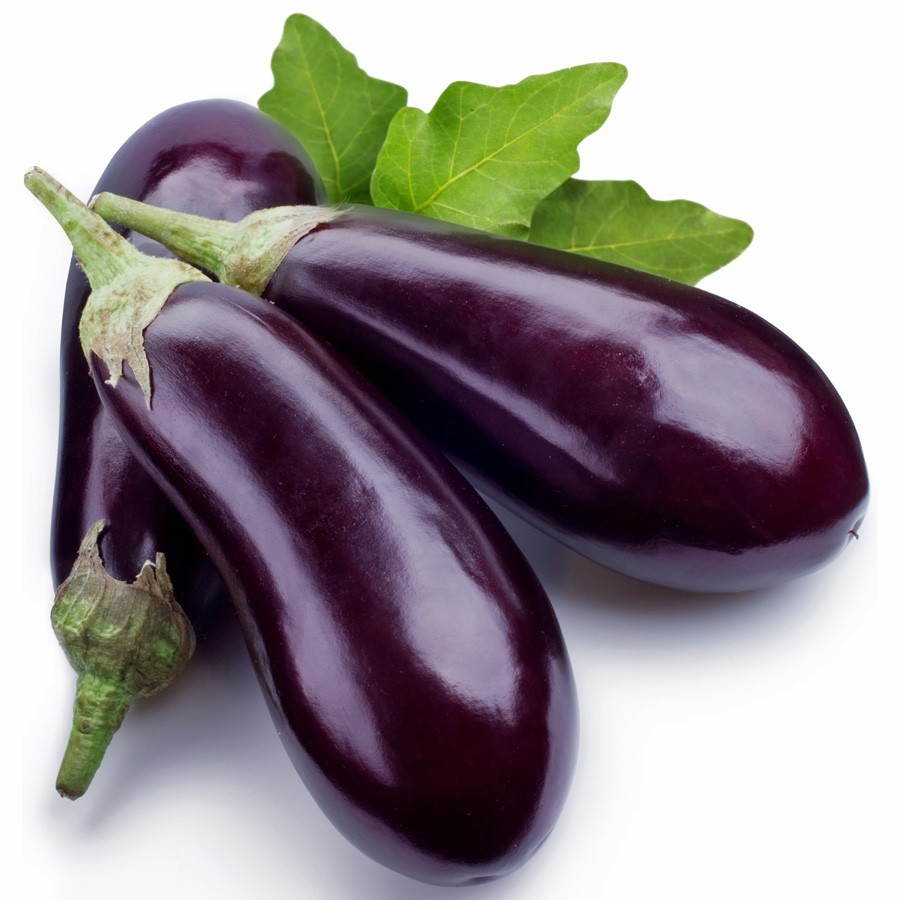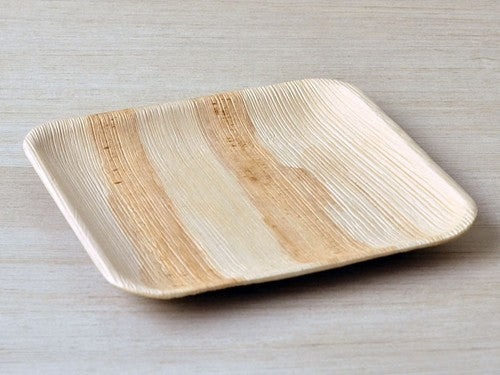Brinjal
Brinjal
Description
Brinjal, also known as eggplant or aubergine, is a popular vegetable in many cuisines around the world. Here are some key points about it:
-
Varieties: Brinjal comes in several varieties, including large purple ones, small round ones, and even white or striped varieties. The most common variety is the deep purple one.
-
Nutritional Value: Brinjal is low in calories and high in fiber. It's a good source of vitamins B1 and B6, potassium, and antioxidants. It also contains nasunin, an antioxidant that helps protect cells from damage.
-
Culinary Uses: It's versatile and can be grilled, fried, baked, or used in stews, curries, and salads. It absorbs flavors well and has a slightly spongy texture.
-
Health Benefits: Consuming brinjal can support heart health, aid in digestion, and help with weight management. Its high fiber content can contribute to a healthy digestive system.
-
Cultivation: Brinjal is grown in warm climates and is typically planted in well-drained soil. It requires plenty of sunlight and regular watering.
-
Preparation: Before cooking, brinjal can be sliced and salted to remove excess moisture and reduce bitterness.





